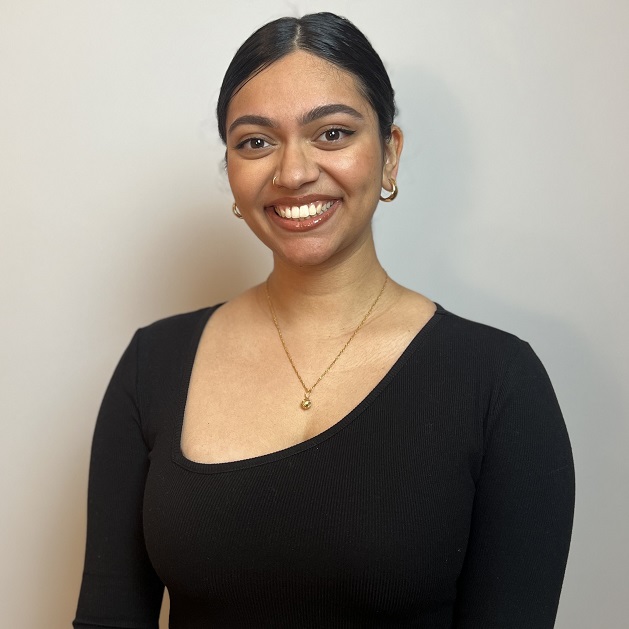Jaaee Nadkarni ‘22

Major: Anthropology, Political Science
Bio: Jaaee (she/her) is a senior majoring in Anthropology and Political Science, with minors in Classics and Urban Studies. She is on the Pre-Law track, and has always been interested in an interdisciplinary approach to law and transformative justice. She is President and a 4th year member on the FCLC Mock Trial team, which has only amplified her passion for law. This project was an opportunity for her to bring an anthropological approach to law, a practice she plans to take with her into the future.
Title of Research: Words as a Currency, the White Public Space, and the Burden of Understanding: A Linguistic Anthropology Analysis of Racial Discrimination in Courtrooms
Mentor: Dr. Natalia Mendoza Rockwell, Department of Anthropology
Abstract: There is nothing revolutionary about saying that the justice system, and legal systems in general, are built on racist practices. There are two justice systems in the United States: one for the white and wealthy, and another for the non-white and poor. But how far does this divide go? And what are the covert determinants for some of the more subtle differences?
In this work, I aim to focus on the linguistic bases for racial discrimination in legal settings by utilizing a linguistic anthropology approach to analyze the inner workings of a courtroom.The primary question I sought to answer was whether or not linguistic variation, ie. speaking in any way that deviates from the widely accepted and standardized form of English, can be seen as having a significant impact on the way a person is viewed in the courtroom, as well as on the outcome of the case.
This work specifically looks at the role that racial or ethnic prejudice rooted in atypical speech patterns, such as accents or varying vernaculars, has in determining how a judge or jury may view someone, and in turn, what decision is made. In the case of the justice system, racism is both institutionalized and interpersonal, which makes this topic of study compelling and poignant. By understanding the intricacies of the way racial prejudices surrounding language beget racist outcomes in legal proceedings, we will be that much closer to understanding how to address the discrimination and produce more fair and just outcomes in the future.
In order to accurately apply a linguistic anthropology approach to this subject matter, I did a review of relevant literature on the topic, in addition to conducting interviews with professionals in the legal field who have firsthand experience with non-standard English speaking clients, and are therefore privy to the ways in which they are systematically discriminated against. By doing this, I was able to build a theoretical framework that supported the fact that courtrooms are conducive to discrimination on the basis of linguistic variation, supported by anecdotal accounts of the ways in which non-standard English speakers are expected to behave in courtrooms, and the ways they are adversely affected if they don’t.